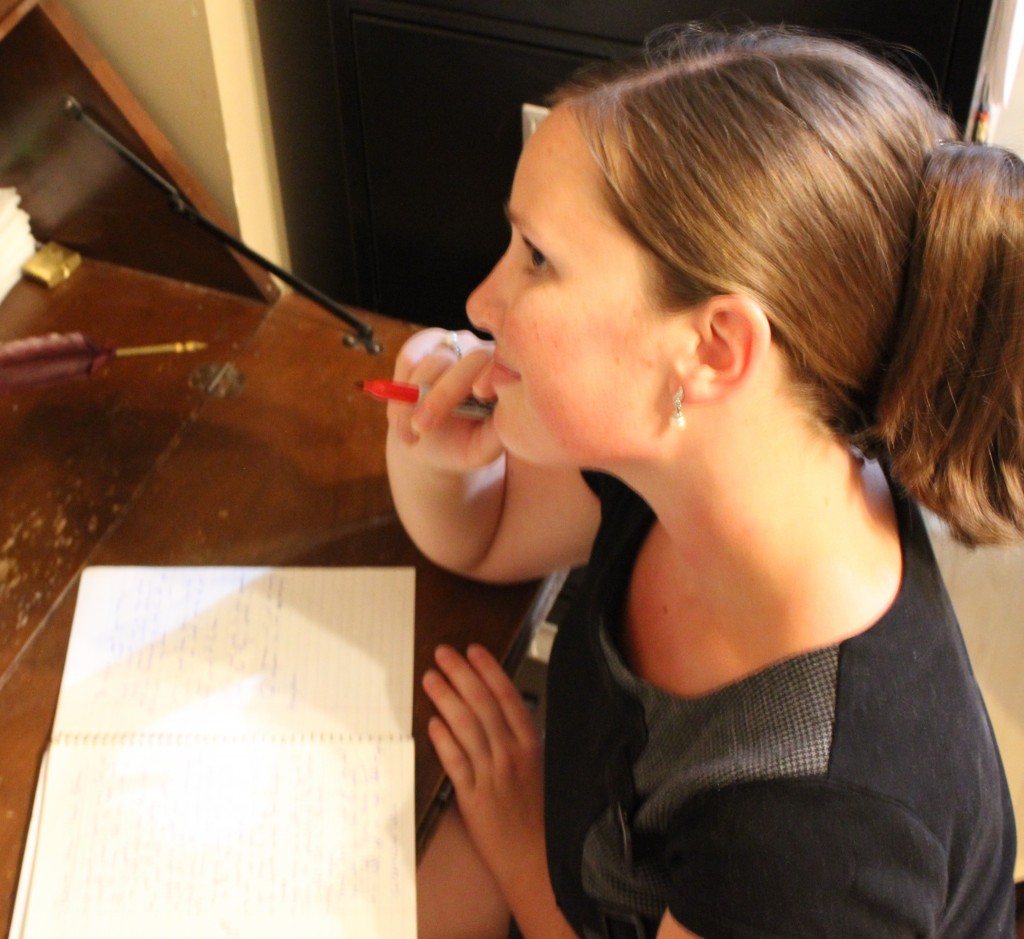It’s back-to-school season – and that means that it’s time to start doing a whole bunch of writing and note-taking during class! I mastered the art of note-taking when I was in university, and now that part of my work includes professional transcribing and note-taking, I’ve really managed to cultivate the skill. These tips for writing notes are essential for any university or college student.
If you or someone you know is heading back to class this semester, here are some tips for effective note-taking:
- Summarize the main points. The point of university is to learn, not to memorize. Unless your professor tells you that they want you to repeat back word-for-word definitions and that sort of thing during tests, it’s a good idea to summarize ideas in your own words and to take down key points in ways that you can best understand. If you’re new to university, err on the side of taking too many notes. After you review the notes from your first few classes, you’ll be able to recognize what information you can leave out.
- Use different colored pens or capital letters to highlight important information. Have fun with note-taking! Using all-caps, underlining, different coloured pens, and highlighters can help you to quickly identify later on which information you need to know. A word of caution: you might be tempted to colour and highlight everything, so maybe take a break from doing this if your notes start to look like a rainbow.
- Draw diagrams and pictures. If there are diagrams on the board, include them in your notes! Some people also remember better when they have a visual picture rather than words to refer to. Consider using graphic facilitation to improve your memory.
- Make additional notes to help you remember things for tests. Did the professor provide a helpful analogy or tell a story when they were explaining a complex theory or idea? If so, jot that down! You’d be surprised at how quickly things can come to mind later if you can associate them with something else.
- Review your notes afterwards (and re-write them if necessary). There’s no point in taking notes if you’re never going to look at them again. Make a point to scan them quickly after class or the following day. If it helps you to better remember things, re-write your notes, or add and remove items from them to make studying that much easier for you. It’s also a great idea to begin your plan for studying early on in the year: generally your professor will tell you what tests will look like at the beginning of the semester, so you can already start creating cue cards and other studying aids as you go throughout the term. When it comes time to prepare for a test, you’ll already have everything ready to go!
